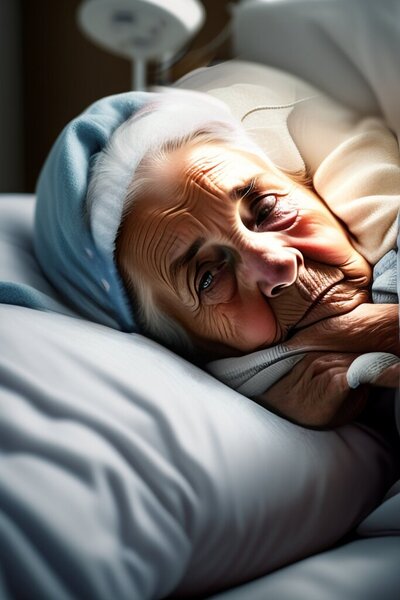- 1,115
Medicare Advantage (MA) beneficiaries are less likely to receive intensive treatments or burdensome transfers during the last six months of life compared to those in traditional Medicare, a new study has found.
MA enrollees were also more likely to receive hospice care and less likely to receive facility-based care after a hospital discharge, according research published in JAMA Health Forum.
A key factor is MA’s focus on controlling costs, whereas fee-for-service Medicare incentivizes more aggressive treatment, researchers indicated. However, they identified gaps in which patients don’t always receive sufficient post-acute care.
“We found that MA enrollment was associated with lower rates of potentially burdensome hospitalizations and treatments, less skilled nursing facility care and more home care after discharge,” study authors wrote. “Financial incentives to reduce costs in MA appear to promote less use of potentially burdensome treatments but also leave some patients without home-based or facility care after hospitalization.”
[EXTERNAL LINK] - Medicare Advantage Beneficiaries Less Likely to Receive Aggressive End-of-Life Care

MA enrollees were also more likely to receive hospice care and less likely to receive facility-based care after a hospital discharge, according research published in JAMA Health Forum.
A key factor is MA’s focus on controlling costs, whereas fee-for-service Medicare incentivizes more aggressive treatment, researchers indicated. However, they identified gaps in which patients don’t always receive sufficient post-acute care.
“We found that MA enrollment was associated with lower rates of potentially burdensome hospitalizations and treatments, less skilled nursing facility care and more home care after discharge,” study authors wrote. “Financial incentives to reduce costs in MA appear to promote less use of potentially burdensome treatments but also leave some patients without home-based or facility care after hospitalization.”
[EXTERNAL LINK] - Medicare Advantage Beneficiaries Less Likely to Receive Aggressive End-of-Life Care

